Latest News
Cheltenham: Next steps for horse racing
Horse racing is one of the oldest activities in the world and the Cheltenham Festival is one of the spiritual homes of the sport. While the meeting is guaranteed to deliver strong engagement rates for UK-facing operators, there’s less interest among sportsbooks further afield in Europe. However, as horse racing continues to grow on the international stage, are European operators missing a trick by not identifying ways to make Cheltenham Festival and other UK meetings appealing to their own audience?
With the festival kicking off this week, European Gaming spoke to experts in the field on how the sport can make an impact internationally and the best practices required to make it relevant to a wider audience, while maintaining its status in the UK.
Alan Casey, CEO of AllSported
Adam Conway, Head of Trading at SIS
Dylan Casey Head of Paid Media, Checkd Media
Huge opportunities abound throughout the festival which brings a great deal of competition. How can horse racing operators make sure they stand out from the crowd during the event?
Dylan Casey: Too many operators allow their messaging to become like wallpaper throughout Cheltenham week. The ones who succeed are those that offer something unique or present their offer in a way that captures the customer’s eye and paid social advertising can allow operators to do just that.
A major advantage of paid social for horse racing operators is the guarantee of eyeballs and the sequencing of the messaging. The control of adverts being seen in a particular order can allow operators to get creative and even allow them to tailor the offer a customer sees based on their behaviour.
When running paid social for partner’s during the festival, we like them to refresh their messaging and offers daily. By tailoring it to certain races, horses or even jockeys, the messaging is always fresh and can help to avoid ad fatigue.
Not all operators will have the flexibility and resources to promote a different offer for each day of the festival. However, even if an operator’s offer isn’t unique enough to stand out, paid social advertising provides them with a huge opportunity to present that offer in a way that will allow them to do so.
Alan Casey: Content is king. Creating a sense of familiarity and comfort is all-important in cross-selling. Time and again, we see that racecards that feature plenty of content, predictions and ratings improve dwell time significantly.
However, even when an operator has this all-important content, how do they balance the integration times with the results? Separate integrations and multiple API feeds can take time and a lot of resources to put in place. It’s true that content is not always the priority compared to revenue-generating add-ons like cashing out, but without the content to engage customers, it’s likely a sportsbook will only get customers who are there to make a specific bet.
As well as that, consistency and balance matters a great deal, operators don’t need to be stand-out price every race, but an operator needs to be competitive in every race in terms of pricing and place terms. An operator can acquire a lot of customers by having the headline offer of the day or week, but it leaves the door open for customers to exploit that offer and leave.
Adam Conway: Aside from the traditional marketing techniques that operators adopt for the week of Cheltenham Festival, such as attractive promotional offers, offering a vast range of markets that are appealing to both existing bettors and newcomers is important. This includes the use of derivatives, which complement classic markets and allows those with little experience of racing betting to get involved.
Through our partnership with RACELAB we can offer the latest in trading technology which can help operators stay ahead of the smart money and offer prices at opportune times that standout from the crowd.
To what extent is there an appetite for UK horse racing outside the UK and Ireland? How does the sport need to adapt to appeal to this audience?
Alan Casey: From a customer perspective, there is a huge appetite, especially with regards to Cheltenham. It’s an easy sell with the best horses, jockeys and trainers on show and there are always magical storylines that capture the public’s imagination around the festival.
The obstacle for international operators is that the sport requires a huge level of expertise to work within it. The time and financial investment necessary to building a team to monitor the landscape is formidable.
The obvious solution is to outsource, but even then, there are pitfalls. It’s possible that an out-of-the-box service will leave an operator open to inaccurate pricing and following the exchanges blindly is dangerous based on liquidity and latency issues. It can be difficult to acquire and retain horse racing customers and even more so if there is no differentiation in the offering.
Operators need to invest in a flexible solution with a great deal of two-way communication. It’s vitally important to be able to react to your own customers’ bets and factor this into pricing. If an operator is reacting to the market alone, that lag will eat away at their bottom line.
Adam Conway: The cultural significance of major UK horse racing meetings means less for international operators and their customers, but there are still opportunities for non-UK sportsbooks to make the most of these events. The betting product needs be optimised differently for markets where there is less racing heritage, otherwise bettors are not going to be as likely to engage. This means promoting certain markets that can be more relevant to them. For instance, derivatives are becoming increasingly popular with international operators, with markets such as match betting and odds vs. evens far easier to understand. Ultimately, these types of markets don’t require as much insight into the sport itself, which encourages a wider audience to engage with the product. Horse racing needs to attract a new generation of bettors, and outside of the UK these kinds of markets are important to this approach.
Of course, establishing an in-house trading team to cover 24/7 racing events can be costly. In addition, the availability of traders that have the specialist knowledge required can be difficult to find in markets where there is a modest racing culture, which means they cannot efficiently manage pricing and risk. Our SIS Trading Services can help operators in these markets by offering them a fully outsourced solution that leaves the entire racing proposition in the hands of our experts.
How can international operators capitalise on UK horse racing meetings like Cheltenham Festival, which are proven to generate strong bettor engagement in its home market? What can domestic operators do to maintain a slice of the action amid such intense competition?
Adam Conway: One of the main challenges that UK operators face during major UK meetings such as the Cheltenham Festival is profitability. Promotions which include offers like extra places paid can impact the overall margins they can make. These sportsbooks require products and tools that can grow business and maximise margins. At SIS, we are working hard to make this possible by enhancing our Trading Services with the addition of next generation trading tools. In partnership with RACELAB, our traders now have the very latest technology advantage, ensuring we can stay ahead of the smart money and produce more intelligent prices. This includes the Odds Engine compilation software, which has the biggest breadth of content and the most sophisticated trader controls and the highest number of priced horses (including all the local pools).
For international bettors from regions where there is less racing heritage, we have found that it has been useful to offer additional levels of support to operators new to the sport. This means increasing the emphasis on those betting markets that are simpler to understand and don’t require specific in-depth racing knowledge. We can offer operators a managed trading service to help them manage their risk.
Alan Casey: A little education goes a long way. A huge number of people that aren’t full-time racing fans flock to bet on Cheltenham every year because of the status it holds. Investing in the right odds and pricing package that includes content as part of the deal can go a long way towards engaging these fans, as well as seasoned ones.
Cheltenham simply lends itself to this kind of content with some captivating narratives every year. Rachael Blackmore and Henry de Bromhead combining throughout last year’s event and taking the festival by storm stands out as a great example. There are always interesting narratives surrounding Ruby Walsh and Willie Mullins as well. It all captures the imagination and if international operators can gain the means to educate their customers on the ins and outs of the sport, they will be on to a winner.
Domestically, it’s about finding the right balance between trading and marketing teams. Consistency is essential in this product offering throughout the week. Single race odds boosts or acquisition offers don’t guarantee you a customer’s wallet for the four days of the festival or even for an entire day. The key is giving customers a choice of races that spreads out the positions more evenly and then helps the operator engage the customer in each race throughout the festival.
How is price latency and odds generation different in horse racing compared to other sports betting activities? What challenges does this present for operators?
Alan Casey: If we take a traditional sport like football, the teamsheets are announced an hour before kick-off and we see the market shifts as a result. Outside of that, there isn’t a lot of other information flowing into the market.
In horse racing however, there is more information in the market and operators are exposed from the minute they put bets up with no set times as to when information will enter the market. Latency issues become far more apparent in horseracing, dealing with large bets can result in loss of margin from a day’s racing. During the final minutes before the off, any latency or speed issue can result in operators being left badly exposed.
With the market constantly flocculating like this, Push APIs that inform operators the instant a price has changed can be invaluable, leaving no time for incorrect pricing on a sportsbook. Mere seconds of inaccurate pricing can be the difference between profit and loss.

Latest News
Betano and SL Benfica renew partnership for 3 more years
London, Athens, Malta, May 16, 2024 – Betano, sponsor of Sport Lisboa e Benfica since the 2021/22 season, has renewed its sponsorship contract with the decorated club for three more years. Kaizen Gaming’s premium sports betting and online gaming brand was the first brand to occupy the sleeve of the official SL Benfica jersey and will remain as the ‘Official Betting Sponsor’’ until the 2026/27 season.
“We are thrilled to extend our partnership with Benfica as we embark on this exciting new chapter together. From working closely with ‘The Eagles’ over the past years, we’ve witnessed first-hand the club’s unwavering dedication to excellence both on and off the field, which is matched only by the support and enthusiasm of its fans. By renewing our support for Benfica we reaffirm our ongoing commitment to Portugal, the country’s football fans and its prestigious sporting institutions as well as the offer of premium, entertaining and safe betting experiences”, said Julio Iglesias, Chief Commercial Officer at Kaizen Gaming.
“We are very excited to renew our partnership with Betano, a leading sports betting brand, which continues to show a strong commitment to football on a global level. This agreement not only reinforces our successful collaboration, but also allows us to offer innovative experiences to our fans. The presence of Betano on the sleeve of our shirt symbolizes the importance of this partnership and is vital for our international growth and to consolidate our global presence“, added Bernardo Faria Carvalho, Director of International Expansion, SL Benfica.”
In addition to the display on the official jersey, the contract between the two entities involves a set of mutual features and endorsements. The sponsorship agreement also extends to the sleeve of the B team’s shirt and also the Under-23 team, which plays in the Liga Revelação.
The post Betano and SL Benfica renew partnership for 3 more years appeared first on European Gaming Industry News.
Latest News
WA.Technology to offer odds for Centurion FC events
WA.Technology, the iGaming and sports betting B2B platform leader for emerging markets, is thrilled to announce that it will offer betting odds for Centurion FC events to operators, starting with the upcoming event in São Paulo on May 18th.
The event, a historic MMA event marking the return of Gabi Garcia – one of the most successful female competitors of all time – for a rematch against Barbara Nepomuceno, will be filled with must-see fights, including the second 80kg 4-Man Tournament of this year’s Grand Prix series.
Dave Hickey, Director of Sports Operations at WA.Technology, remarked, “We are thrilled to be able to offer betting odds on Centurion events. The Centurion brand’s impressive growth is a journey we are proud to support. Our Risk & Trading team meticulously compiles these odds by analyzing an array of factors, including the fighters’ professional and amateur records, their current form, and the quality of their past opponents. We also incorporate firsthand insights from attending numerous Centurion events. This comprehensive approach allows us to craft odds that meet the high expectations of discerning MMA bettors with precision. For the upcoming event, our operators will feature competitive odds, including 1.05 on fan-favorite Gabi Garcia, enhancing the excitement and engagement for bettors.”
Roberto Gallo, President of Centurion FC, commented, “Having this event covered by WA.Technology represents another huge step forward for CFC; we are looking forward to seeing what the future brings for us.”
The upcoming Centurion FC event promises not only top-tier martial arts competition but also a unique betting experience. WA.Technology’s sportsbook platform is designed with precision for both players and business operators. The company’s comprehensive solution offers over 500,000 pre-match events and 360,000 live events annually, covering 125+ sports and virtual sports. Tailored to enhance user experience and operational efficiency, the platform includes full customization capabilities, advanced data analysis, risk management, and dedicated trading strategies to ensure a fully licensed, custom-branded sports betting experience that’s not only mobile optimized but also casino compatible.
The post WA.Technology to offer odds for Centurion FC events appeared first on European Gaming Industry News.
Latest News
Gambling White Paper Update
Statement
I wish to inform the House that His Majesty’s Government will today publish its response to the consultation on measures relating to the land-based gambling sector. This will introduce a range of liberalising measures for venues like casinos, bingo halls and arcades, alongside other provisions to protect young people and children, as well as increasing the fees licensing authorities can charge for gambling premises licences.
Many of the current restrictions on venues like casinos and bingo halls derive from the assumption that restrictions on the supply of gambling, such as the number of gaming machines available in a venue, were an important protection. The legislation had not envisaged the rise of online gambling and the ability to gamble at any time, regardless of location. In light of this, restrictions on availability are now less important for protecting customers than factors such as the characteristics of the product and the quality of monitoring a customer’s play in a venue. As set out in the Gambling Act Review white paper, the measures we consulted on are therefore necessary to modernise the outdated and overly restrictive regulations that apply to the land-based gambling sector.
The consultation ran from 26 July to 4 October 2023 and invited views on the details of a range of proposals relating to casinos, arcades and bingo halls. Following consultation, the Government will introduce the following measures:
Casinos
We will make a number of adjustments to relax the existing rules that apply to casinos. There are currently two types of casino licence – those originating from the Gaming Act 1968 and those created by the Gambling Act 2005. 1968 Act casinos are generally allowed only 20 gaming machines regardless of their size, compared to up to 80 for Small and 150 for Large 2005 Act casinos. Following consultation, we will bring the regimes closer together so that 1968 Act casinos can offer more machines to meet customer demand where it is proportionate to their size and non-gambling space. We are also extending the ability to offer betting as a product in casinos, which will bring Britain’s casino product offering more in line with international jurisdictions.
Machine allowance in arcades and bingo halls
We will adjust machine allowances for arcades and bingo halls to allow greater flexibility over their gaming machine offer. Currently, no more than 20% of gaming machines in adult gaming centres and bingo premises can be Category B machines (with a £2 maximum stake), with the others required to be lower stake (Category C or D machines). The Gambling Act Review concluded that this rule is no longer required to offer customer protections, unnecessarily restricts operators and can lead to a number of machines being placed in venues that are not used by customers. Therefore, we will introduce a 2:1 ratio of Category B to Category C and D gaming machines. This measure will apply on a device type basis, meaning that the ratio applies to the three different types of device on which gaming machines content is currently offered in arcades and bingo halls, namely large cabinets (such as traditional fruit machines), smaller cabinets placed in between larger machines (in-fills) and tablets.
Cashless payments on gaming machines
We will remove the prohibition on direct debit card payments on gaming machines, alongside the introduction of appropriate player protections. The prohibition on the direct use of debit cards on gaming machines was intended to protect players. However, the use of non-cash payments has increased greatly across society since these rules were put in place and some sectors, particularly machines in pubs, are seeing business disappear because customers do not carry cash. We will help future-proof the industry by removing this prohibition subject to appropriate player protections being put in place. The Gambling Commission will also consult on a number of player protection measures that may be included in their Gaming Machine Technical Standards to ensure that appropriate frictions are in place when direct debit card payments are used. These protection measures may include minimum transaction times, cardholder verification, transaction limits, breaks in play and staff alerts when mandatory and voluntary limits are reached. This measure will only come into force when we are confident that the right player protections are in place. Existing limits on stakes and prizes for all categories of gaming machine will remain unchanged.
Age limits for certain gaming machines
We will introduce an age limit for certain Category D gaming machines. Category D machines are low-stake games that can be played by anyone regardless of age. The Gambling Act Review concluded machines which mirror adult slot machines and pay out cash should be made unavailable to children. These are also known as ‘cash-out’ slot-style Category D machines. Therefore, we will make it a criminal offence to invite, cause, or permit anyone under the age of 18 to play these particular types of machines. This builds on the existing voluntary commitment implemented in 2021 by Bacta, the amusement and gaming machine industry trade body, banning under-18s from playing this type of machine in their members’ venues.
Licensing authority fees
We will increase the maximum cap on the premises fees that can be charged by a licensing authority. Licensing authorities (local authorities in England and Wales, licensing boards in Scotland) play an important role in regulating gambling through licensing premises and enforcing licence conditions. The cap for their licensing fees has not been updated since 2007, while the costs associated with licensing have increased. We will therefore increase the maximum cap that licensing authorities can charge by 15%. The gambling fees payable in Scotland will continue to be set by Scottish Ministers.
Together we believe these measures will support the land-based gambling sector and modernise the current outdated restrictions, as well as helping to protect young people and supporting licensing authorities. These measures also complement the other changes that we are progressing relating to gambling regulation, including the introduction of a stake limit for online slots and a statutory levy to fund research, prevention and treatment. As outlined in the gambling white paper, we are making sure that we have the right balance between consumer freedoms and choice on the one hand, and protection from harm on the other.
Gambling policy is devolved in Northern Ireland but substantially reserved as regards Scotland and Wales. In some cases, the power to deregulate (e.g. to increase the number of gaming machines a casino may make available) is reserved, but the power to put appropriate protections in place to support that deregulation is devolved in Scotland. Where this is the case, our deregulation will extend only to England and Wales unless and until appropriate protections are in place in Scotland. It will be for Scottish Ministers to decide how to exercise the powers conferred on them by the Gambling Act 2005.
We will lay the necessary legislation to implement these measures in due course.
The post Gambling White Paper Update appeared first on European Gaming Industry News.
-

 Latest News3 months ago
Latest News3 months agoFairplay Exchange signs as new sponsor of Stephen Hendry’s Cue Tips
-

 Latest News3 months ago
Latest News3 months agoGods Reign Announces Groundbreaking Partnership with LG Electronics
-

 Latest News3 months ago
Latest News3 months agoEuropean Gaming Q1 2024 Meetup: Exploring Innovation, Marketing, and the iGaming Industry Hubs
-
Latest News3 months ago
Casino Crypto Giant Bitline Partners with Ciphertrace for Enhanced Compliance in Digital Asset Transactions
-

 Latest News3 months ago
Latest News3 months agoFrench Publisher TapNation tops Financial Times FT1000 list of Europe’s Leaders in Tech Media
-

 Latest News3 months ago
Latest News3 months agoPAGCor Says 188BET’s Return to the Philippines a Huge Vote of Confidence
-

 Latest News1 month ago
Latest News1 month agoStakelogic’s Slot and Live Casino Content is now live with L&L Europe
-

 Latest News3 months ago
Latest News3 months agoMiFinity Recognised for Information Security Excellence with ISO 27001 Certification






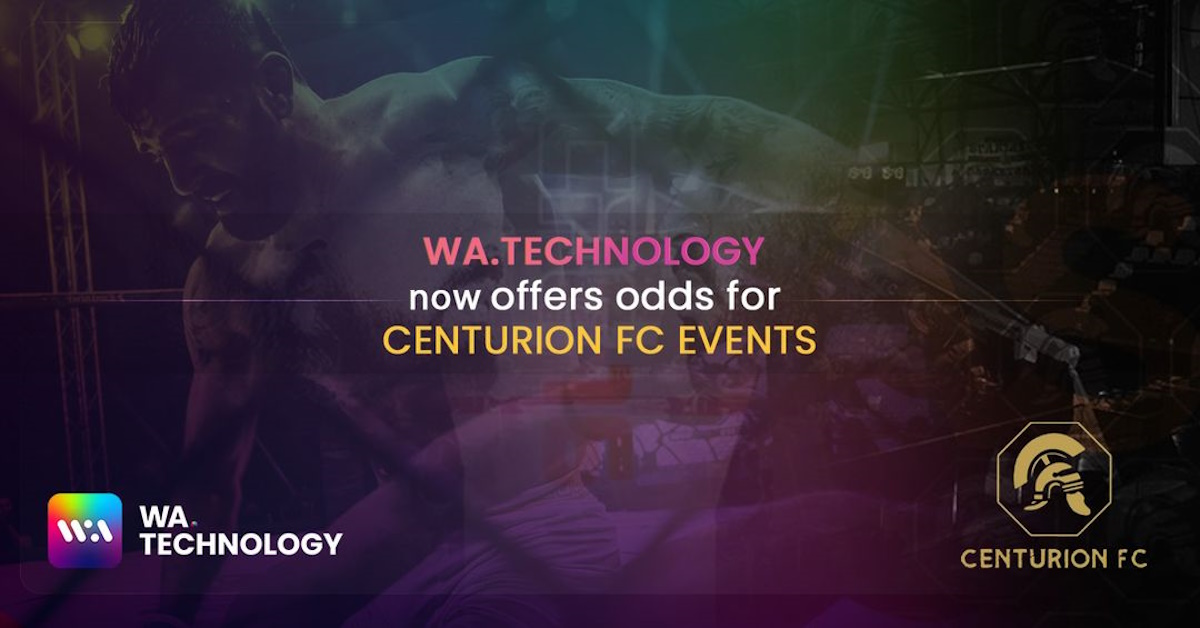

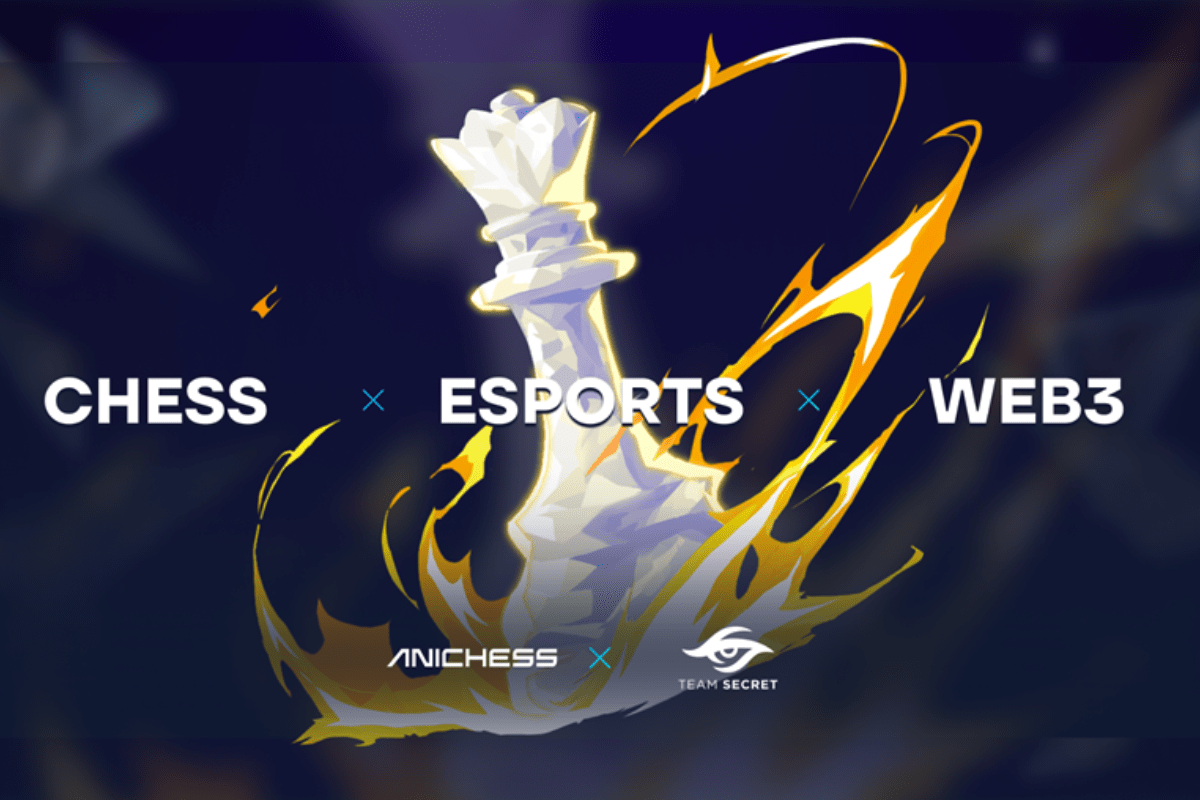
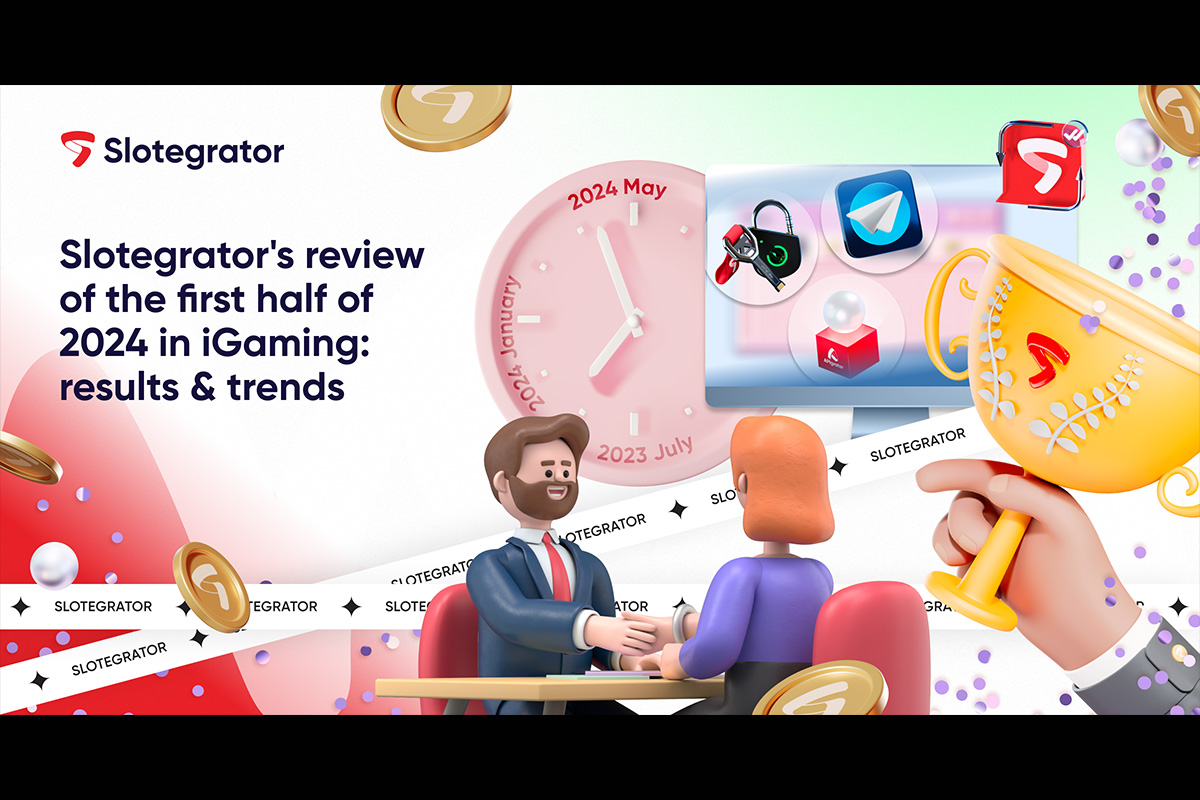
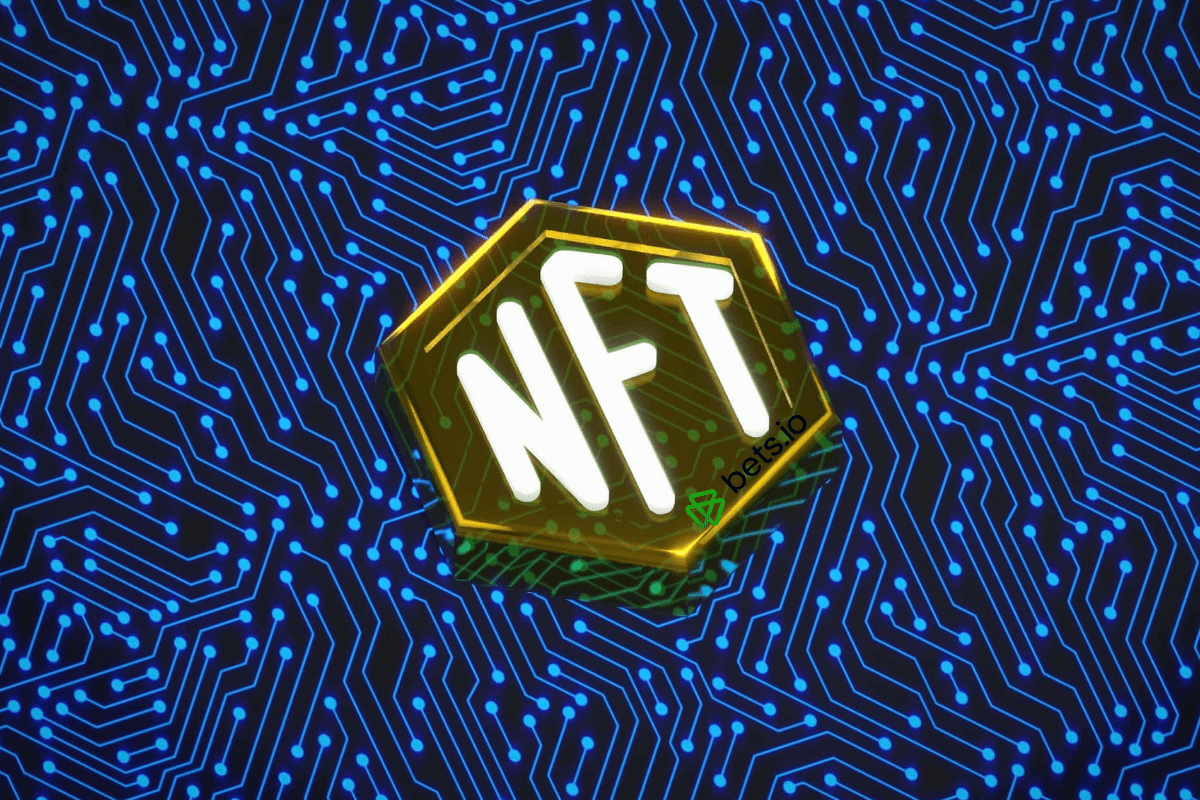

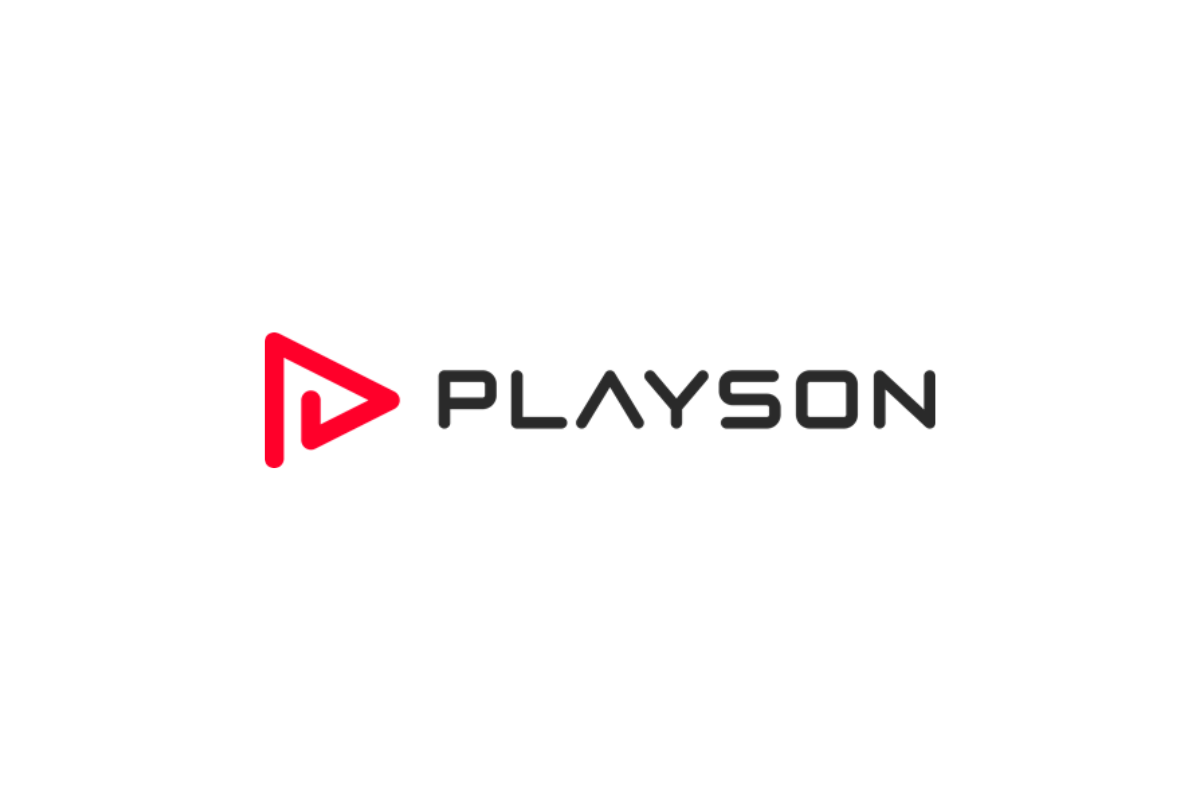


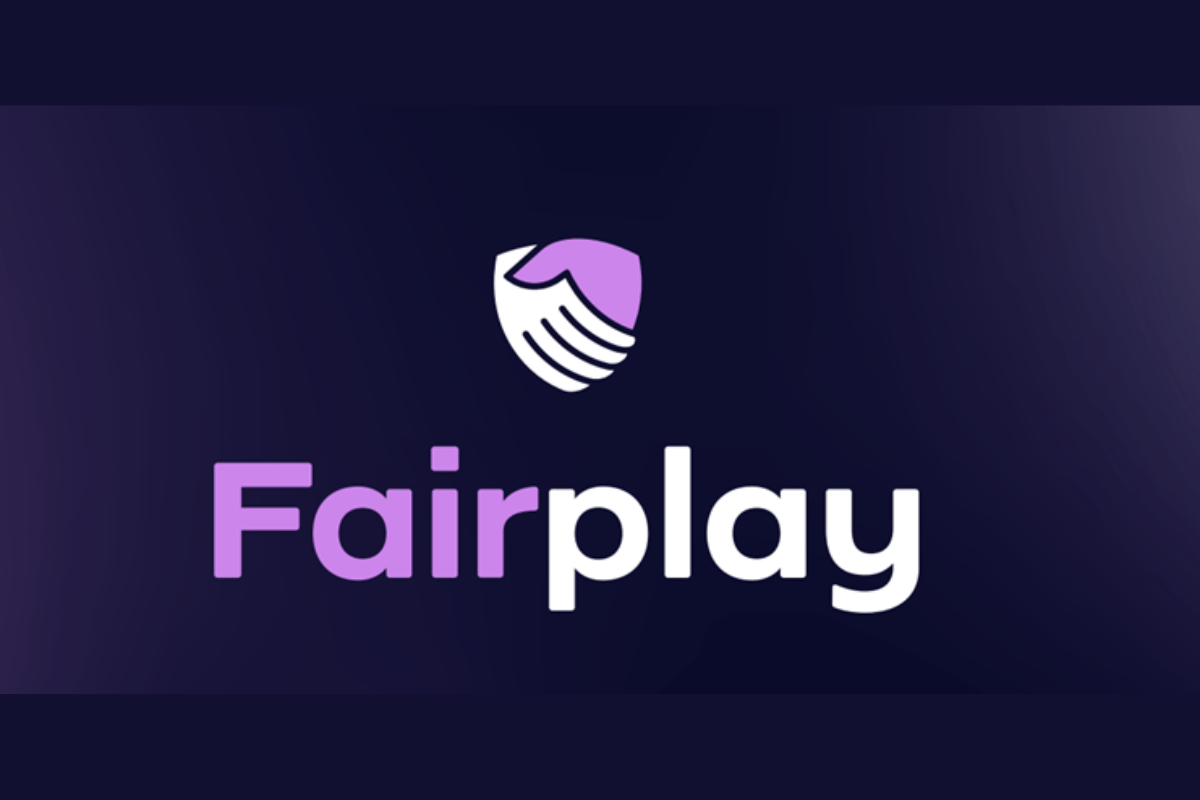
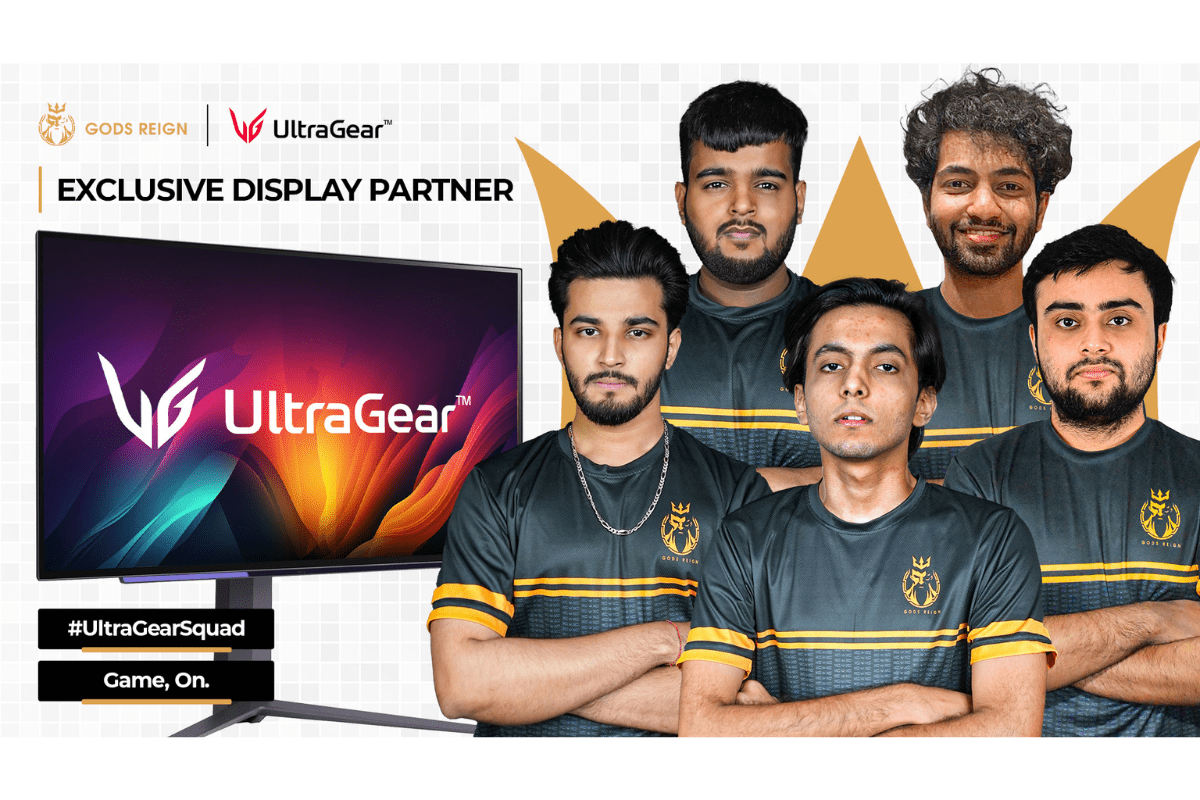
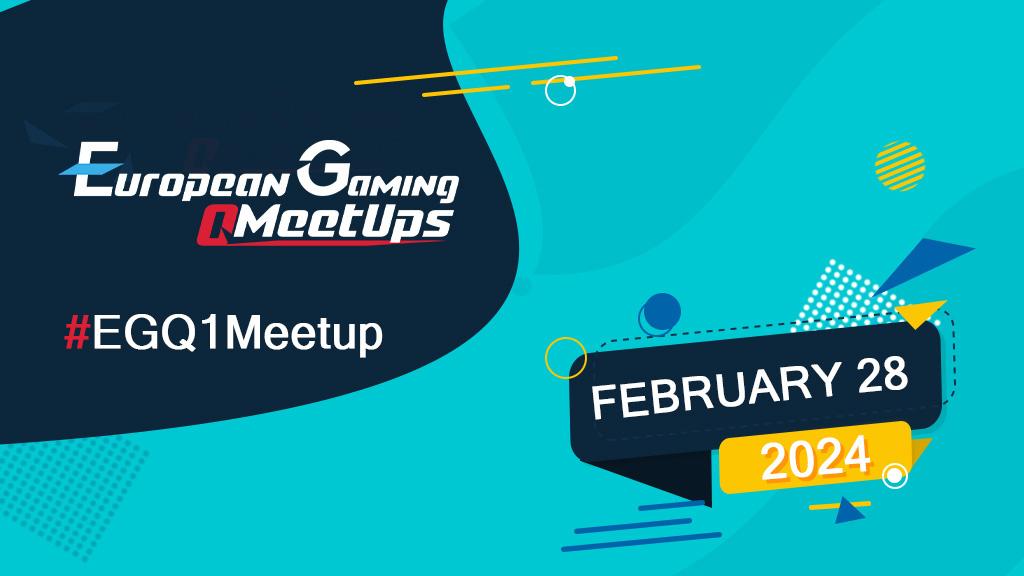




You must be logged in to post a comment Login